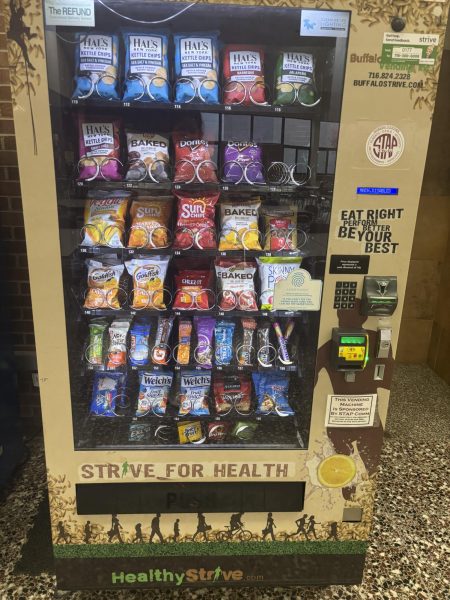Let’s Shift Back to Local
Amid the COVID-19 pandemic, there has been a big shift towards consuming locally produced goods, whether it be groceries, artisan products, or the like. The movement towards locally grown food is growing worldwide, attracting all those trying to eat in a better way. One positive of the pandemic could be that people are continuing to shift local because of the environmental impacts, quality, and health benefits of consuming local.
Fossil fuels and pollution are major problems that result from the consumption of food that is not locally produced. Producing fertilizers and running large farms burns a significant amount of fossil fuels. As humanity works to solve the problem of climate change, clearly cutting down on fossil fuels whenever possible is a smart idea.
“If the government keeps proposing bills to combat climate change, then it’s probably a signal to the public to start doing something about it, too. If everyone ate local, then we’d already be doing the planet a huge favor,” said high school junior, Mackenzie Kelly.
When food comes from across the country, or even world in some cases, it can sit on trucks or airplanes for days. That’s not a criteria most people look for in their groceries when perusing the store. Rather, if produce is coming from a farm just outside the city, the food sitting on the shelves will be fresh. Although it can be a more expensive undertaking, in the long run, buying local tastes better, helps one’s own health and the environment around them.
“Especially growing up in Buffalo, I’ve realized the importance of buying food that was made in my community. When you walk into a local grocery store like Braymiller’s or Dash’s, the difference in quality between those and corporate stores is immense,” said Eleanor Quinn, a current student at Nova Southeastern University in Ft. Lauderdale, Florida, but a Buffalonian at heart.
When food is made in an industrial setting, additives and processing chemicals get into the product making them unsafe for consumption. If society focuses on eating locally, many to all of those additives can be erased from their diets. Conclusively, better health will come out of a better diet. When people eat foods high in salt and sweeteners, they are directly consuming products that can hurt their bodies.
“I like the idea of knowing where the food I put on my plate comes from and that my family is eating food that is good for them. I don’t want to feed my kids junk that comes from a country across the world,” said Will Curtin, a father of three who cooks often at home.
When people buy from local producers, they are not only helping their health and the environment, but their community as well. Everyone in the community benefits from locally grown food, including both the wealthy and the low-income.
“I think it’s important that people eat local and support local restaurants because, especially with COVID-19, a lot of businesses have struggled. The food overall is better anyways,” said Orchard Park junior Carissa Hodson when asked about eating locally.
“It’s a good way to help our local economy and support our neighbors. So why not just do it?” said Ayden Herried, senior at Orchard Park High.
What people eat has changed incredibly over time. Human beings started off by hunting and gathering, not knowing anything else until the Neolithic Revolution, when farming came to be. At first, mankind didn’t have a choice whether to eat locally or not. They had to eat the food they produced and hunted. As history moves on, it is clear that the way people eat is changing. It is extremely important to the environment’s health and humanity’s own well-being to eat locally.





